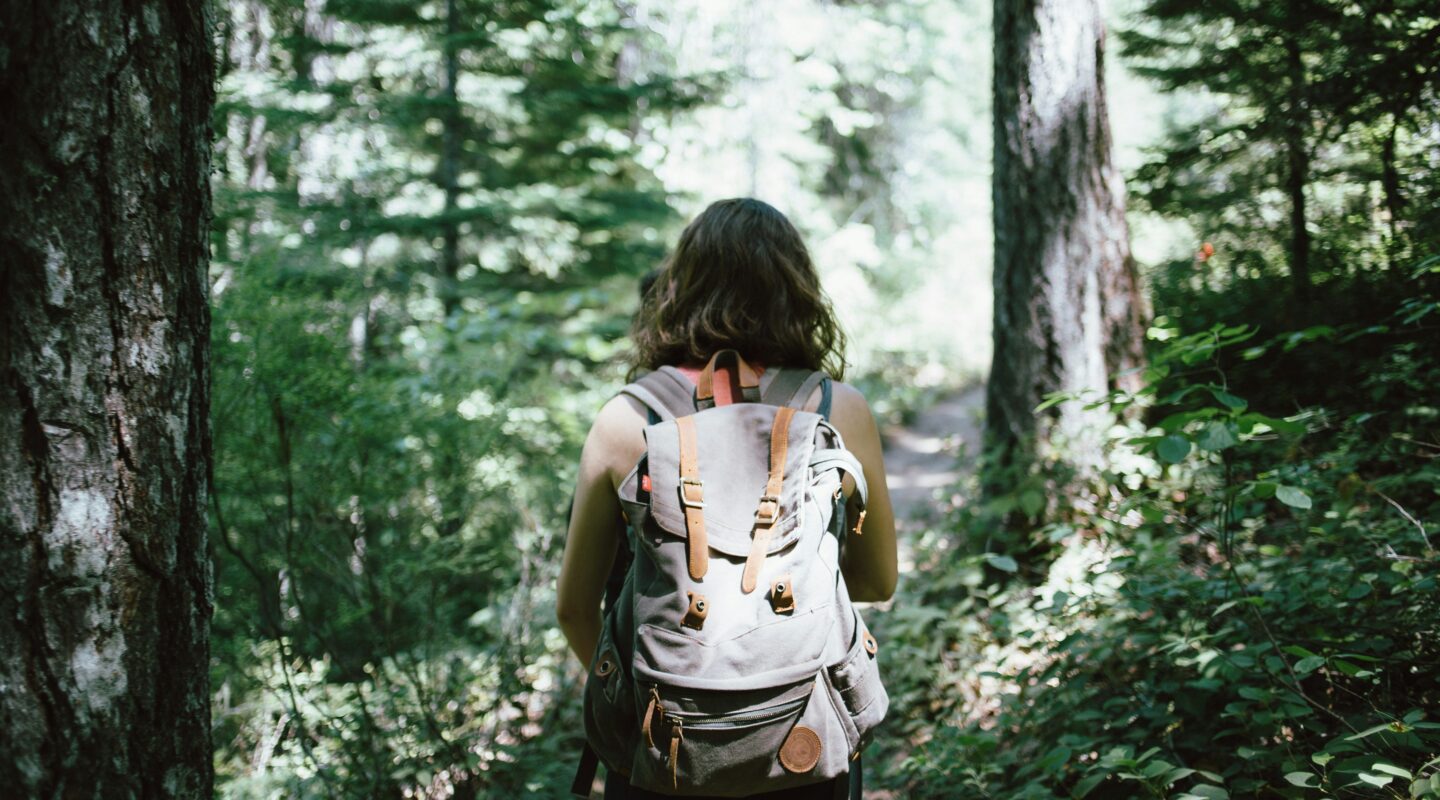Hotel Management
3 Hospitality Lessons We’ve Learned From the Outdoors
A love of the outdoors runs deep at Embergrove Hospitality, all the way back to our earliest days and our very first hotel. This affinity for the great outdoors guides more than our aesthetic choices and our brand identity, though. We are hikers and mountain bikers, campers and trail runners, and we’ve learned a thing or two along the way from this time spent in nature. Here are the lessons our team members have gleaned from our outdoor adventures — and how we apply them professionally, every day.
Lesson 1: The Importance of Planning
“Anyone who’s spent time outdoors knows that preparation is key, whether it’s packing the right gear for a long trail run or mapping out your route ahead of time,” says Mark Creger, Embergrove’s chief revenue officer. Creger knows you can’t get caught in a mountain pop-up storm without your rain gear, or find yourself stranded on a trail without a spare bicycle tube. The key is to be prepared for whatever comes your way — to always be ready for the unexpected.
“Nature can be unpredictable, and the same goes for hospitality,” Mark says. “In our hotels, we focus on planning for all scenarios, whether it’s preparing for a sudden influx of guests, an event that runs longer than expected, or a weather issue that affects outdoor activities. It gives us the flexibility to handle any situation, which ultimately creates a better experience for our guests.”
Lesson 2: The Importance of Adaptability
Mother Nature can throw a lot of curveballs, and curveballs are something we hospitality professionals know a thing or two about. The key to making it work — whether out in the woods or behind the front desk — is to be as adaptable as possible, and to know when to pivot.
“Nature constantly reminds us that things don’t always go according to plan,” says Travis Weiderien, chief development officer at Embergrove. “I’ve had days where I set out for a hike and suddenly the weather changes or the trail I planned for is closed. You have to adapt on the fly.”
In hospitality, it’s the same — guests’ needs can change in a moment, and being able to pivot quickly is essential. “Whether it’s a last-minute room request, dietary adjustments for an event, or unexpected maintenance, we’ve learned to stay flexible and roll with the punches,” he says. “Adaptability isn’t just about being reactive; it’s about anticipating needs before they arise, staying nimble, and always having a solution ready.”
Lesson 3: The Importance of Simplicity
Any Eagle Scout worth his salt will tell you that less is often more. You need to come prepared, of course, but you also need to stick to the essentials. It’s easier to “leave no trace” when you’re packing light — when you’re keeping things simple.
It’s in this simplicity that we often find the greatest meaning in the outdoors. “Some of my best outdoor experiences have been the simplest ones — sitting by the creek in the morning, biking up the hill to watch the sunset, or just taking a walk through the woods,” says Tessa Hansen, Emergrove’s director of marketing. “It’s a reminder that things don’t always have to be complicated to be meaningful.”
In our hotels, we maintain that same philosophy. “It’s about finding the balance between offering guests the essentials they need for comfort, without overwhelming them with too many frills,” Tessa says. “Sometimes, the simplest touches — like a clean, cozy room or a well-designed space — can make all the difference.”
